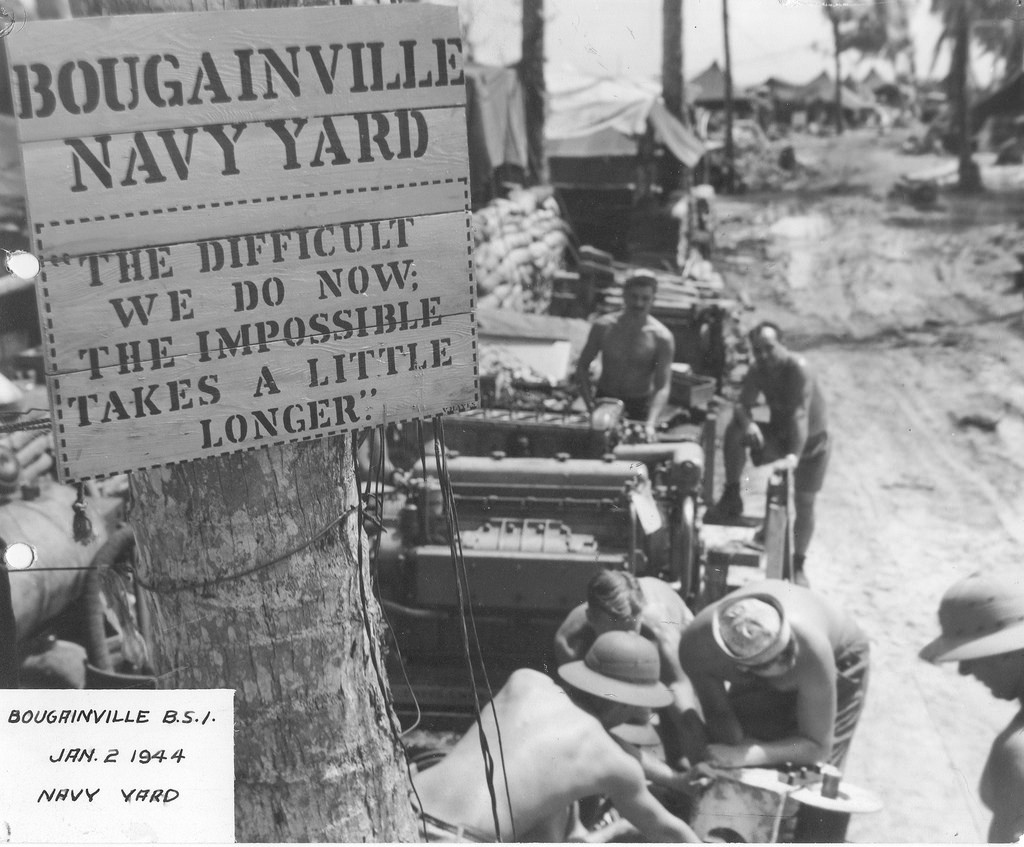
Q: What lies at the root of the Boeing 737 Max aircraft crashes?
A: The desire to be undeservedly #1in this market segment (I will explain this shortly).
Q: What lies at the heart of the college admissions scandal (“Operation Varsity Blues”)?
A: The desire of wealthy parents to have their kids undeservedly attend the most elite institutions.
Q: What lies at the heart of the Wells Fargo scandal where managers defrauded their own customers?
A: The desire of an already very successful bank to rake in undeserved profits.
The Perils of Unreasonable Goals
Dig a little deeper and you will find that the root cause is unreasonable goal setting. The dictionary defines “unreasonable” as “not guided by, or based on, good sense” or “beyond the limits of acceptability or fairness.”
We always want to be #1, open the most accounts in our division, have our kids go to the most elite schools, etc.
Unbridled ambition drives us. Business literature celebrates unreasonable goal setting (see picture below). So does our culture.

In the case of Boeing, its management was asleep at the switch as Airbus capitalized on the roaring demand for fuel-efficient short-haul aircraft (gaining nearly 1100 orders for their new aircraft at the Paris Air Show in 2010). Finding its lucrative 737 franchise threatened, Boeing under then CEO Jim McNerney mandated the development of the Boeing Max aircraft under super-aggressive milestones with the added mandate that the new aircraft be nearly identical in flying respects to existing Boeing 737s. But the engines were heavier and bigger so they were mounted on the wings a little higher. Which caused the aircraft to nudge its nose up. Left uncontrolled this upward nose movement could lead to a stall, so engineers devised an automatic system that when this upward nose movement was detected would move the nose down to level the aircraft. And because of management mandate, Boeing deemed this change as not requiring any additional training/simulator time. But what if the “angle-of-attack” sensor that detected the “upward nose movement” was faulty? Well, then the plane would pitch up, the software would try to nudge this down. This occurred 24 times in a mere 6 minutes of flying time in the Lion Air flight prior to its tragic crash into the ocean in October 2018.
If engineers could just do the impossible, if the FAA could certify it faster (and, it did with a little bit of regulatory capture thrown in) and if pilots did not need to be retrained, Boeing could quickly catch up. Yes, indeed, the Spartans would say, “If.”
The heart will still be beating, the engineers will still be cowering.
– Jim McNerney
The problem lies in wishing something and setting overly ambitious goals (what the business literature calls “big hairy audacious goals”) but not having the capacity to deliver (where capacity could be time, resources, talent or combinations thereof). When the goal cannot be modified because an unreasonable boss will not allow it (as in Boeing and Wells Fargo) or because a parent has set their mind upon it (as in the admissions scandal), corners get cut — with substandard results and (possibly) fraud thrown in. Sometimes 346 people die in two plane crashes within six months of each other.
Achieving Goals Dependably is Inspiring
The answer: Think “small.” Forget “big hairy audacious goals” — they are the fervent murmurings of wisdom dispensers who have never built, or delivered, anything (except, of course, for advice).
Set achievable goals, instead. Dependably being able to achieve them becomes inspiring in its own way.
Michael Jordan was an inspiring player not because of his ability to change hands mid-air while shooting or his amazing performance at the “flu game” — though each of these is inspiring in its own right. Rather, what made him inspiring was that he was dependable — you could count on him to deliver: night in, night out, in regular season games, in playoffs, in championships. In moments big and small. Learn how his coach — the legendary Dean Smith from North Carolina — instilled in Michael Jordan the importance of small things. There you will learn that what you and I in the audience might consider a “big hairy audacious goal” of shooting the game-winning shot with three seconds to spare while being double-teamed was really a simple goal for him because of hundreds of hours of practice at not just shooting a basket but in the basic tasks leading up to that (dribbling, ball handling, defending, managing the clock, etc.).
Dependability is inspiring. Or, we should strive to make it so. Flashy, brilliant but episodic performances are not. In the race between the tortoise and the hare, always bet on the tortoise
Dependability is Also Sustainable
There’s another problem with constantly setting super-aggressive goals: it is hard to keep up day in and day out. Because after the big audacious goals have been met, the employees who were (are) motivated by them, find it hard to motivate themselves with the humdrum activities that follow. People love to work on the new-new thing but what sustains organizations over the long haul is how the old-old things do in the market. (In Boeing’s case, for example, it’s the 777 — and the much older 747 — that pay the bills. Their design (and development) is/was dependably inspiring. And, their safety record, esp. that of the 777 is breathtakingly unenviable.)
Conclusions
So set goals carefully. Challenging, yes. But not unreasonably so. Our work (and, indeed, life) is not a sprint but a marathon.
References:
- To get a sense of just how amazing Boeing engineers and test pilots are who have designed engineering marvels such as the 747 and 777, read this account by Karl Sabbagh on the “Making of the 777.”
- Learn more about how the 737 Max MCAS software that automatically adjusts for the nose drifting upward.
- Read about how upset the pilots were at not being made aware of the software changes (and, lack of testing) by Boeing and the FAA in this NY Times story.
- Finally, read this great piece in the Washington Post that provides more details about the 737 Max.

